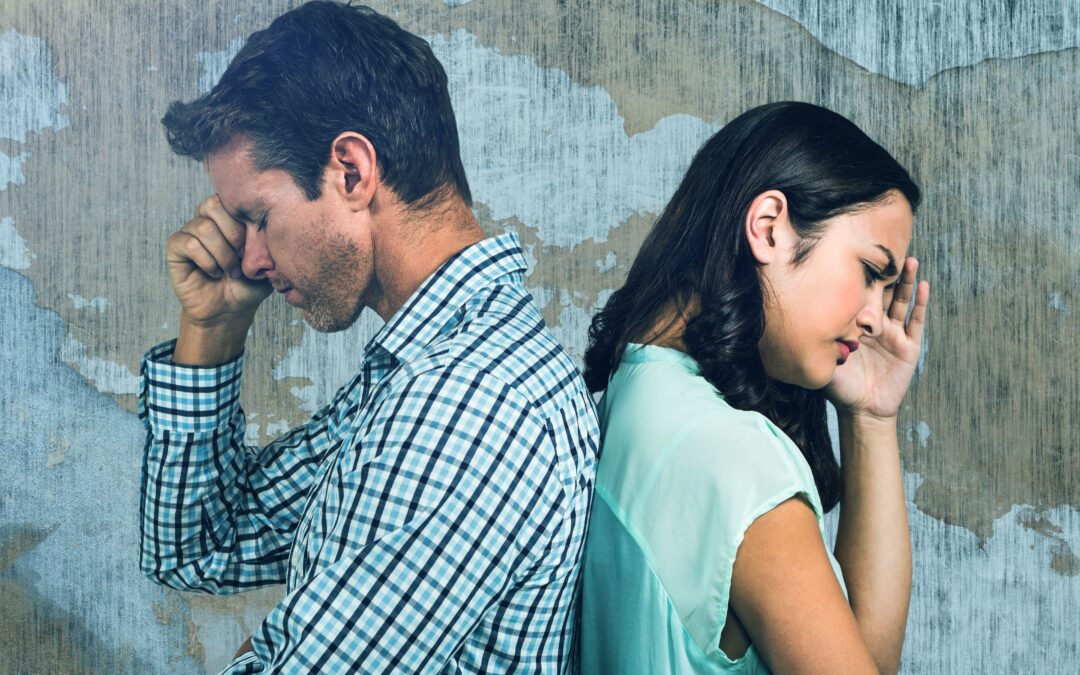The way a person is impacted by depression can be influenced by a variety of factors, including their age and gender. When you know how to recognize the signs of depression in men and women, you will be better prepared to get help for yourself or be the best possible source of support for a loved one.
What are the General Signs of Depression?
The signs of depression can vary considerably from one person to the next – but, in general, people who develop a depressive disorder are likely to experience symptoms such as the following:
- Overwhelming sense of sadness, hopelessness, and despair
- Fatigue and exhaustion
- Dramatic decrease in motivation
- Difficulty experiencing joy
- Loss of interest in important activities, topics, or events
- Withdrawal from friends and family members
- Disrupted sleep patterns (which can include either insomnia or hypersomnia)
- Changes in appetite (either eating much more or much less than usual)
- Unintentional weight gain or loss
- Thoughts of death and dying
- Suicidal ideation
Some people who have depression begin to abuse alcohol or another drug in a misguided attempt to self-medicate. Intoxication may temporarily block negative emotions, but this behavior can be extremely harmful. In addition to exacerbating the symptoms and signs of depression, substance abuse can also put a person at risk for addiction, overdose, and death.

Signs of Depression in Men
Depression can impact people of all ages, genders, ethnicities, and socioeconomic backgrounds. No demographic group is immune to the signs of depression – but some signs are more common among men than among women. A person’s gender may also influence the ways that they respond to the signs of depression.
The Mayo Clinic has reported the following about depression among men:
- Signs of depression among men often include risky, reckless, or aggressive behaviors.
- Men who develop depression may lash out at others with anger or violence.
- Men have a tendency to downplay the impact of depression. They are also more likely to be reluctant to talk about their experiences with friends or family members.
- Men are generally more resistant to seeking mental health treatment after exhibiting the signs of depression.
- Men may attempt to avoid or escape the signs of depression by working longer hours, spending additional time in the gym or in other athletic endeavors, and/or abusing alcohol or other drugs.
Women attempt suicide at a higher rate than men do. However, the rate of completed suicides is higher among men. This may be due to the facts that men are less likely to exhibit warning signs prior to attempting suicide and more likely to use firearms as a means of taking their own lives.
Signs of Depression in Women
Women are almost twice as likely as men to be diagnosed with depression. Thankfully, women are more likely than men to seek treatment for signs of depression. Unfortunately, as we noted in the previous section, they also have an elevated risk of attempting suicide.
According to the National Institute of Mental Health (NIMH), the following are potential signs of depression among women:
- Feeling guilty or worthless
- Developing headaches, cramps, or digestive problems that have no apparent physical cause
- Moving or speaking more slowly than usual
- Believing that they are a “bad” mother or that they have not formed an appropriate connection with their child
Also, the Centers for Disease Control and Prevention has reported that as many as one of every eight women who give birth may develop symptoms of postpartum depression. Known clinically as major depressive disorder with peripartum onset, this form of depression can occur while a person is pregnant or within a short period of time after they have given birth.
What to Do if a Loved One Has the Signs of Depression
If someone that you care about has been exhibiting signs of depression, it is important that you do not ignore your suspicions or suppress your worries. You cannot cure your loved one, but you can play an essential role in connecting them with the professional mental health help they need.
Here are a few ways that you can make a positive difference in your loved one’s life:
- Educate yourself about depression. The more you learn about this mental health disorder, the better prepared you will be to offer meaningful assistance.
- Research treatment options and identify providers in your area that may be able to help.
- Talk to your loved one. Don’t be afraid to express your concerns, but also be sure to emphasize your support. At the appropriate time, share what you have learned about treatment.
- Listen to your loved one. Don’t criticize or judge them, and don’t try to solve their problems. Sometimes, simply having a trusted friend or family member to talk to can be extremely beneficial.
- Offer tangible assistance. Provide meals, childcare, rides to appointments, or other types of support so that your loved one has the time to get the help they need.
- Get help for yourself. Supporting a loved one with depression isn’t easy. Be sure you aren’t neglecting your own physical and mental health needs.
Begin Depression Treatment in Los Angeles, California, Today
If your life has been disrupted by the signs of depression, please know that help is available and treatment works. Montare at the Valley is a trusted source of personalized care for adults who have been living with depression, other mental health concerns, and co-occurring addiction. When you choose our depression treatment center in Los Angeles, you can regain control of your thoughts and behaviors and start living the healthier life you deserve. To learn more about our programs and services, or to schedule a free assessment, please visit our Contact Us page or call us today.


Recent Comments